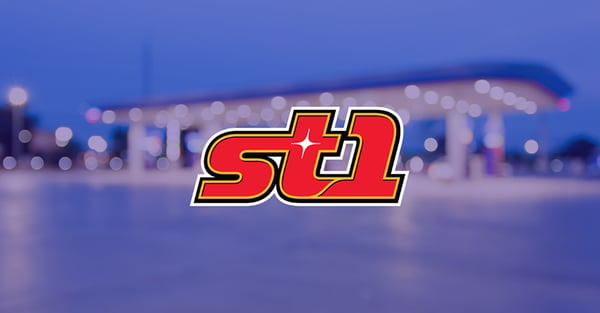179 times faster processes
“Many of the improvements we have aimed for require a close connection to real-time data, and now it's finally possible. It makes a huge difference,” says Anders Lindborg, Solution Architect at energy company Sandviken Energi










